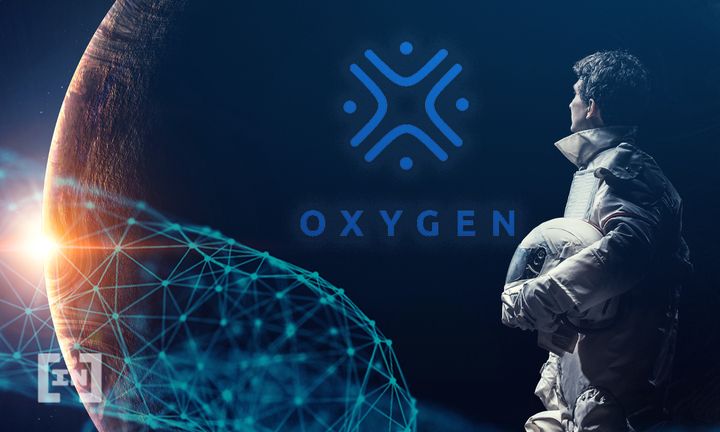Oxygen Protocol, a DeFi brokerage protocol, published a statement claiming that it had locked 95% of its ecosystem tokens in FTX. The exchange can do little to recover them at the moment.
The Oxygen protocol, a decentralized prime brokerage network, has revealed that FTX was the custodian for over 95% of its MAPS/OXY tokens. The team published a statement on Nov. 15 saying that the collapsed exchange had locked and unlocked tokens.
The incident will draw ire from investors and the crypto community in general, who are likely to criticize its claims of decentralization. The team said that it was “shocked by events relating to FTX Group’s bankruptcy proceedings.” Like other creditors, it must wait for more developments and rely on public information.
As a decentralized network, relying on a centralized exchange to act as a custodian for nearly all its tokens is an issue. FTX’s downfall has raised further issues about such choices and will only spur more investors to move to DEXs.
The team did say that it was considering all options on how to protect the network’s ecosystem. This includes retaining legal advisors to assist with the process. Both the MAPS and OXY tokens have not reacted heavily to the news.
FTX funded Oxygen Protocol and Maps
Oxygen is a DeFi prime brokerage protocol that is built on Solana and uses Serum’s on-chain infrastructure. It provides many services, including lending /borrowing, risk management tools, and leverage products. The OXY token is used to pay for fees in the system, while the MAPS token is an established travel app that partnered with Oxygen.
FTX’s closely associated firm Alameda Research led funding rounds for Oxygen and Maps.me in 2021. The latter received $50 million in investments, while the former received $40 million.
Huobi, Liquid, and Salt all affected by FTX collapse
Oxygen isn’t the only company to have funds locked in FTX. The Huobi group revealed that it had $13.2 million in customer funds on FTX, which it is unable to recover. It also applied for a $14 million unsecured loan to cover those losses.
Crypto exchange Liquid Global also recently suspended deposits and withdrawals. The Japanese company and its subsidiaries were acquired by FTX earlier this year. Crypto lender Salt has also reportedly paused withdrawals. It said that the collapse of FTX had impacted its business.
In both cases, the details aren’t clear. What is clear, however, is the fact that the damage from FTX’s collapse continues to affect the market.
Disclaimer
In adherence to the Trust Project guidelines, BeInCrypto is committed to unbiased, transparent reporting. This news article aims to provide accurate, timely information. However, readers are advised to verify facts independently and consult with a professional before making any decisions based on this content. Please note that our Terms and Conditions, Privacy Policy, and Disclaimers have been updated.


